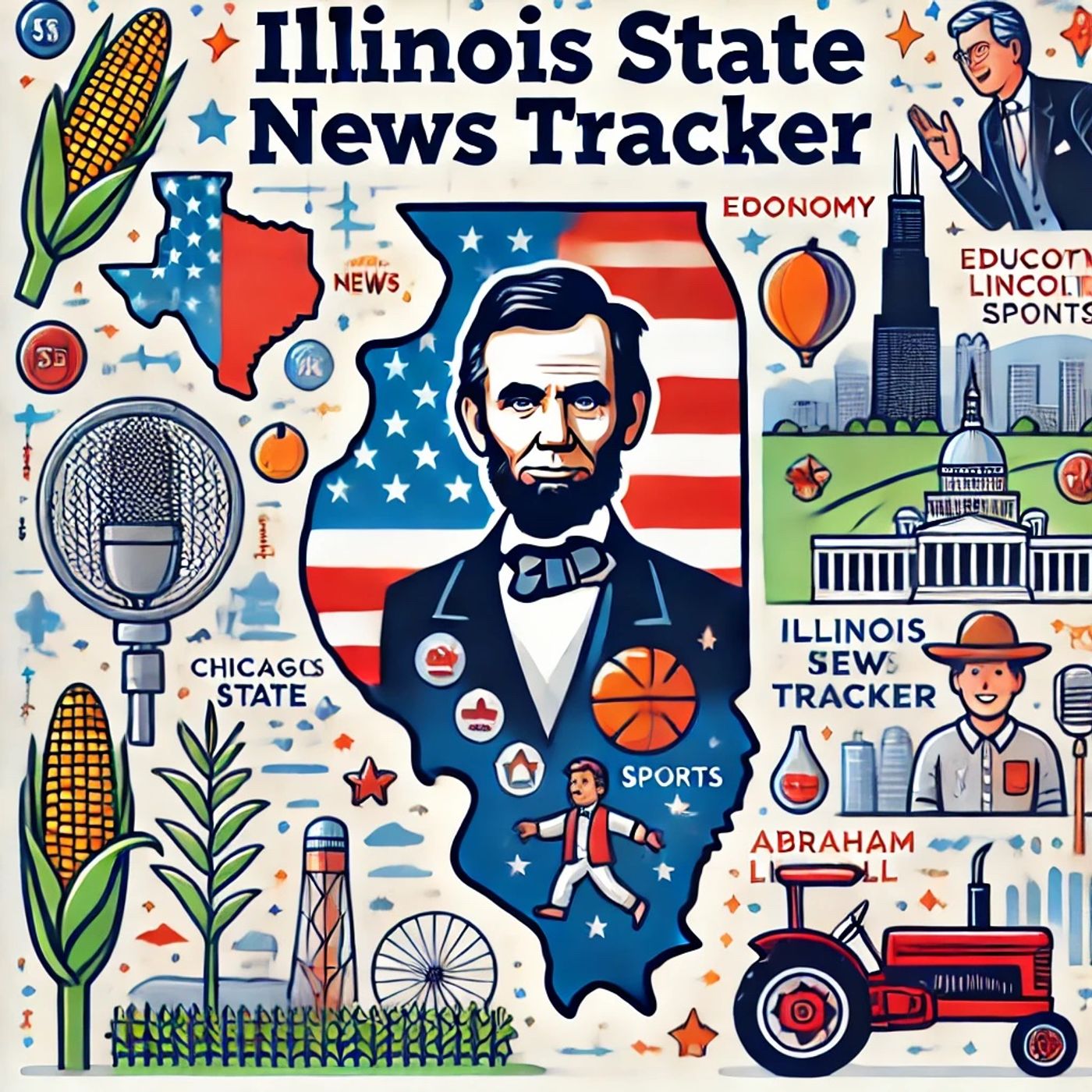Dec 10 2024 2 mins
Illinois has seen a flurry of significant developments across various sectors in recent weeks. Notably, Vice President Kamala Harris won the state's 19 electoral votes in the 2024 presidential election, securing 54.1% of the vote over former President Donald Trump[2].
In government and politics, the state legislature retained its Democratic supermajorities in both the House and Senate. The House Democrats prevailed in 77 races, while Republicans won 37 contests, with four races remaining uncalled as of November 12[2]. Additionally, Governor JB Pritzker named the first head of Illinois' new Department of Early Childhood, marking a significant step in early childhood education[1].
On the economic front, Governor Pritzker unveiled a five-year economic growth plan aimed at attracting record-level investments, creating jobs, and supporting communities. The plan focuses on high-growth sectors such as life sciences, quantum computing, and clean energy production[3]. This initiative is expected to bolster Illinois' economic development and create sustainable growth opportunities.
In community news, several school districts made headlines with their financial decisions. The Geneseo school board approved a new tax levy, while the Georgetown-Ridge Farm school board approved an 11.2% property tax increase[1]. These decisions reflect ongoing efforts to manage educational funding and property taxes across the state.
Environmental and weather updates include the September 2024 climate summary, which reported below-normal rainfall across central and southeast Illinois, exacerbating drought conditions in the region[4]. This highlights the need for continued monitoring and management of the state's environmental resources.
Looking Ahead, Illinois is poised to continue its economic development efforts with a focus on sustainable growth and community support. The state's educational sector will also be closely watched as school districts navigate funding challenges and policy changes. Additionally, the ongoing drought conditions will require careful management to mitigate their impact on the state's agricultural and natural resources. As Illinois moves forward, these developing stories will be crucial to the state's future prosperity and resilience.
In government and politics, the state legislature retained its Democratic supermajorities in both the House and Senate. The House Democrats prevailed in 77 races, while Republicans won 37 contests, with four races remaining uncalled as of November 12[2]. Additionally, Governor JB Pritzker named the first head of Illinois' new Department of Early Childhood, marking a significant step in early childhood education[1].
On the economic front, Governor Pritzker unveiled a five-year economic growth plan aimed at attracting record-level investments, creating jobs, and supporting communities. The plan focuses on high-growth sectors such as life sciences, quantum computing, and clean energy production[3]. This initiative is expected to bolster Illinois' economic development and create sustainable growth opportunities.
In community news, several school districts made headlines with their financial decisions. The Geneseo school board approved a new tax levy, while the Georgetown-Ridge Farm school board approved an 11.2% property tax increase[1]. These decisions reflect ongoing efforts to manage educational funding and property taxes across the state.
Environmental and weather updates include the September 2024 climate summary, which reported below-normal rainfall across central and southeast Illinois, exacerbating drought conditions in the region[4]. This highlights the need for continued monitoring and management of the state's environmental resources.
Looking Ahead, Illinois is poised to continue its economic development efforts with a focus on sustainable growth and community support. The state's educational sector will also be closely watched as school districts navigate funding challenges and policy changes. Additionally, the ongoing drought conditions will require careful management to mitigate their impact on the state's agricultural and natural resources. As Illinois moves forward, these developing stories will be crucial to the state's future prosperity and resilience.
